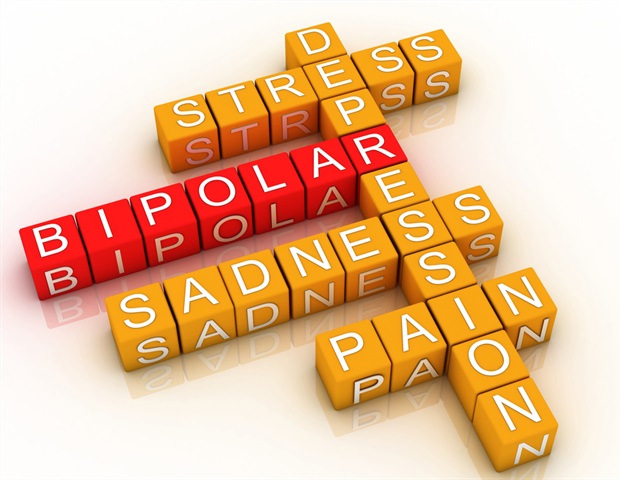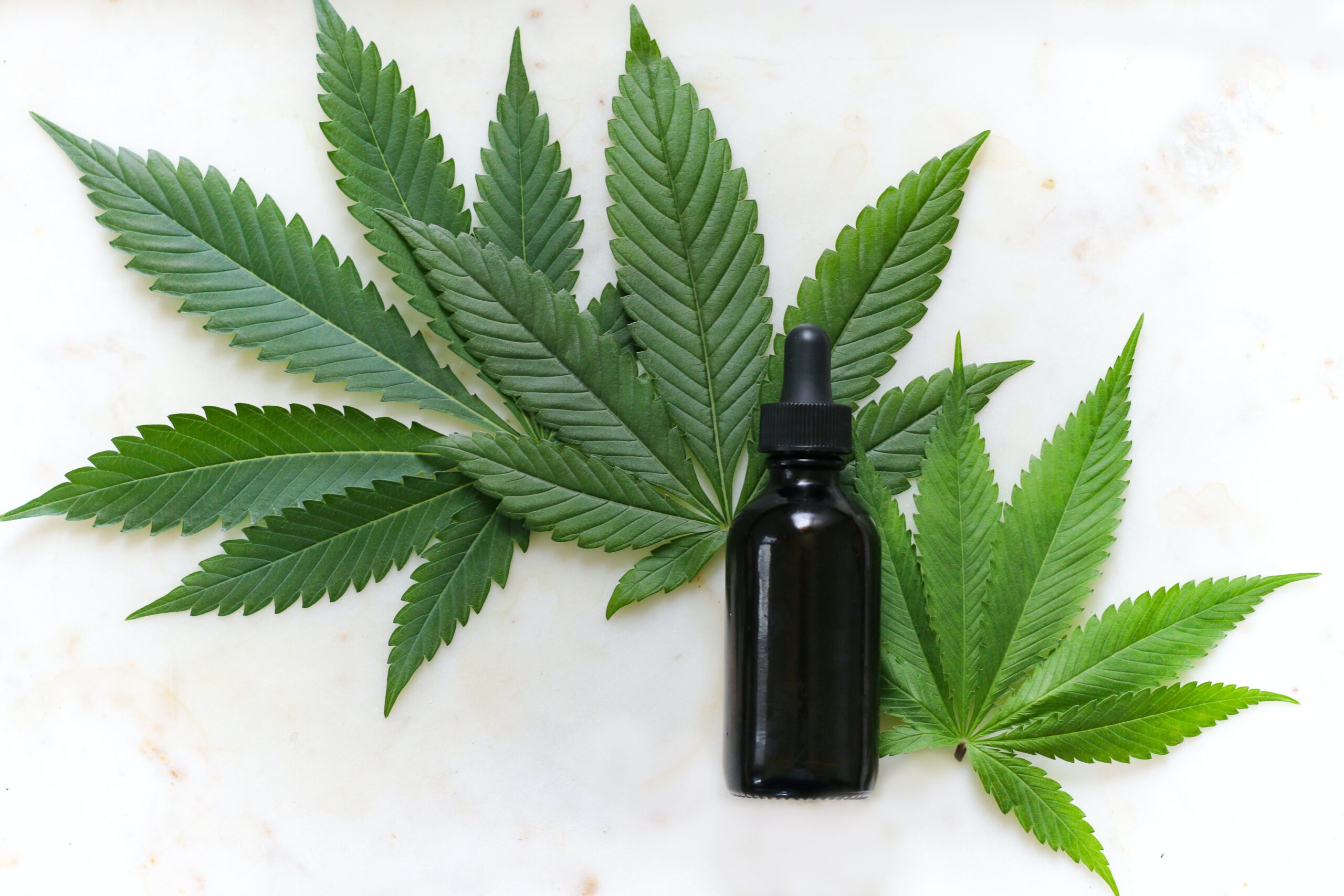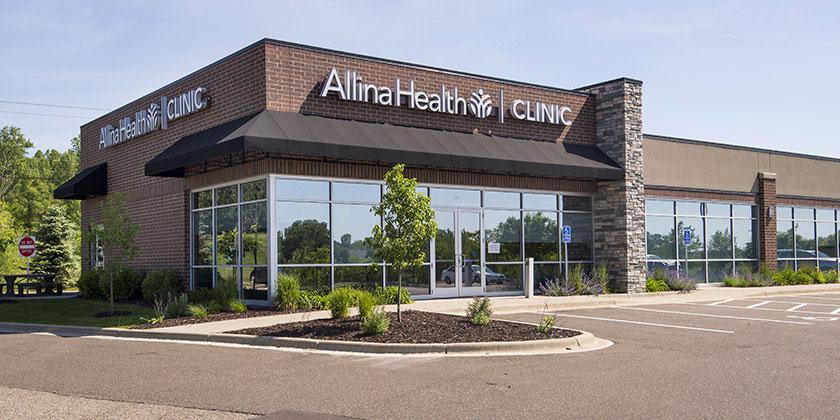More To Read
Unveiling the Truth Vasa Fitness Joliet Reviews – A Comprehensive Analysis
Welcome to our comprehensive analysis of Vasa Fitness Joliet Reviews! If you’re on the hunt for a top-notch fitness facility in the Joliet area, you’ve come to the right place. In this article, we’re breaking down the truth about Vasa Fitness Joliet and uncovering what members are saying about their experiences.
Importance of Reviews in the Fitness Industry
In today’s digital age, online reviews have become a powerful tool for consumers, especially when it comes to the fitness industry. People rely on the experiences and opinions of others to make informed decisions about where to invest their time, money, and … Read More
Unlock Your Potential at Vasa Fitness Joliet Your Ultimate Fitness Haven
Welcome to Vasa Fitness Joliet, where your fitness goals become a reality! With our state-of-the-art facilities and expert team, we are dedicated to helping you unlock your full potential and achieve a healthier, happier you.
At Vasa Fitness Joliet, we understand that each individual is unique and has different fitness needs. That’s why we offer a wide range of fitness programs and amenities to cater to everyone, from beginners to seasoned athletes. Whether you’re looking to enhance your strength, tone your muscles, improve your cardio endurance, or simply relieve stress, our gym has it all.
Our brand voice is focused … Read More
Discover the Comprehensive Healthcare Services at Allina Health Maple Grove
Welcome to Allina Health Maple Grove, where your health and well-being are our top priorities. At Allina Health Maple Grove, we are dedicated to providing comprehensive healthcare services to our community, ensuring that you receive the highest quality care in a convenient and compassionate setting.
Primary Healthcare Services Offered
At Allina Health Maple Grove, we believe in the importance of primary healthcare as the foundation for overall wellness. Our primary care physicians are highly skilled and experienced in providing personalized care to patients of all ages. Whether you need a routine check-up, preventive screenings, or treatment for common illnesses, our … Read More
Unveiling the Hidden Gem Exploring the Allina Health Bandana Square
Welcome to the hidden gem of St. Paul: the Allina Health Bandana Square. Nestled within the historic Lowertown neighborhood, this unique destination offers a captivating blend of history, culture, and wellness. Step back in time as you enter the beautifully restored 19th-century railroad buildings, which now house a vibrant community of businesses and services.
History of Bandana Square
Allina health bandana square holds a rich history that dates back to the late 19th century, originally built as the headquarters for the Northern Pacific Railway company, these magnificent buildings were a hub of activity and commerce during the height of the … Read More
Unlock the Secrets of Small Business Success Using Reddit
Looking to unlock the secrets of small business success? Look no further than Reddit. With its enormous user base and wealth of valuable information, Reddit has become a goldmine for entrepreneurs looking to gain insights, tips, and strategies for growing their businesses. In this article, we will explore how you can use Reddit to your advantage and tap into the power of this online community.
Reddit, often referred to as the “front page of the internet,” is a platform where users can engage in discussions, ask questions, and share valuable content. The platform is divided into various communities called “subreddits,” … Read More
Unleashing the Power of Reddit for Your Online Business A Complete Guide
Are you an online business owner looking to tap into the vast potential of Reddit? Look no further! In this complete guide, we will show you how to unleash the power of Reddit for your online business. With over 430 million active users, Reddit is an invaluable platform for increasing brand awareness, driving traffic to your website, and engaging with your target audience.
But navigating the complexities of Reddit can be challenging. That’s why we’ve created this comprehensive guide to help you make the most of this powerful social platform. From understanding subreddit dynamics to crafting engaging posts that resonate … Read More




































